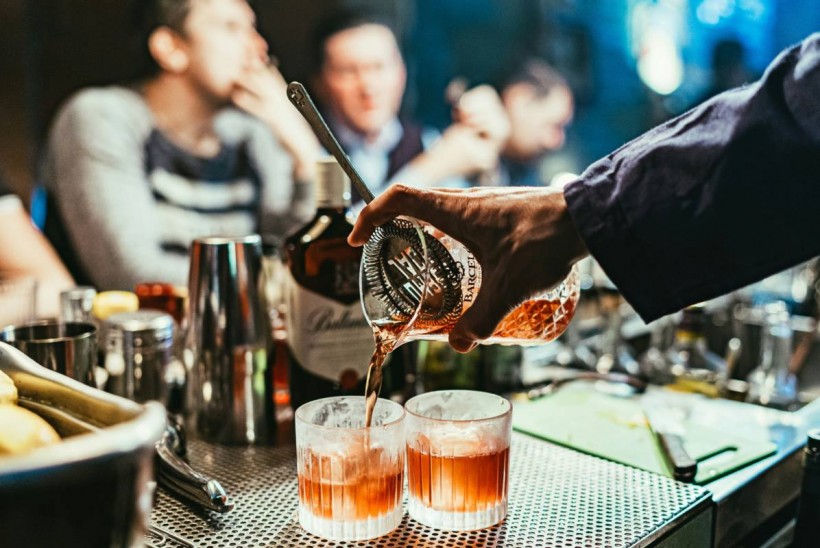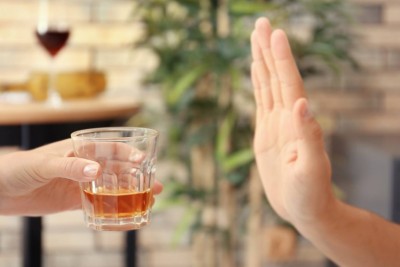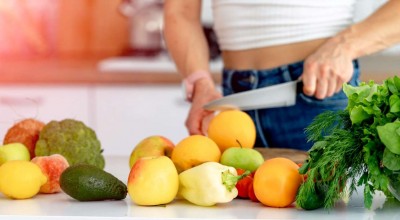Five reasons that craving for a pint may be a worrying sign
Warning: Undefined variable $post in /home/dietofli/public_html/wp-content/plugins/code-snippets/php/snippet-ops.php(584) : eval()'d code on line 3
Warning: Attempt to read property "ID" on null in /home/dietofli/public_html/wp-content/plugins/code-snippets/php/snippet-ops.php(584) : eval()'d code on line 3
The estimated reading time is 4 minutes
Warning: Undefined variable $post in /home/dietofli/public_html/wp-content/plugins/oxygen/component-framework/components/classes/code-block.class.php(115) : eval()'d code on line 3
Warning: Attempt to read property "ID" on null in /home/dietofli/public_html/wp-content/plugins/oxygen/component-framework/components/classes/code-block.class.php(115) : eval()'d code on line 3

For many people there’s nothing that beats a pint of beer on a Friday after work. It toasts the weekend and can be well-earned after a long week of toil. It’s something many of us crave.
However, cravings can also be one of the earliest signs that there may be a problem with your alcohol consumption. Alcohol addiction is becoming more and more prominent within our society, with more people seeking alcohol detox than ever before and the treatment that follows.
Therefore, it’s important that if you are craving a pint and perhaps find yourself doing so more and more to review your relationship with alcohol. But why exactly can it be a worrying sign?
Increased tolerance
One of the earliest signs that craving a pint may be problematic is the fact you’re developing a tolerance for the substance.
Over time, regular alcohol consumption leads to the body requiring more to achieve the desired effects, this means that to satisfy cravings, a person needs to drink more. This builds up a dependence and as a result can drive addiction.
Cravings are becoming more frequent
Naturally, a sign that your drinking could be becoming more of an issue is in the regularity of the cravings. It can start as the occasional craving of a drink but quickly turn into a regular desire that happens a few times per week to daily.
If you’re beginning to think about your next drink more and more, it’s very likely that your drinking has shifted away from casual consumption and closer towards a more entrenched pattern of alcohol-seeking behaviour.
You’re turning to it as a coping mechanism
Alcohol shouldn’t be used as a coping mechanism, yet so many of us accept it as just that. After a long day we turn to the bottle to try and forget about it or relieve stress. However, cravings for alcohol as a primary coping mechanism is a worrying trait and can be a first sign of a cycle of dependency.
Instead of turning to a pint, instead people should look to learn healthier coping mechanisms that can allow us to manage stress more effectively and actually tackle life’s challenges rather than masking the situation with alcohol. This method, over time, only exacerbates such problems.
It interferes with responsibilities
If your cravings, and then your drinking is having an impact on your responsibilities, this is a sure sign that there is something problematic about your relationship with alcohol and that the cravings you’re having should form a level of concern.
If you’re prioritising alcohol over things like work, family or other social commitments and are ignoring certain tasks and relationships, then it’s going to cause many problems outside of the consumption having an impact on overall health.
Regular drinking and satisfying cravings impairs judgement, affects cognitive function and fails to allow us to meet our responsibilities effectively.
Finally, you may have withdrawal symptoms
Lastly, if you are recognising that you shouldn’t have so many cravings and when you don’t drink you experience withdrawal symptoms, then it’s a sure sign of addiction and an unhealthy relationship with alcohol.
Symptoms can range, so if you’re feeling the likes of tremors, sweating, nausea, anxiety and even insomnia then it may be time to start thinking about getting help.
The symptoms can be incredibly distressing but they’re also a sure sign that your relationship with drinking needs addressing and the cravings you are getting from your body are not ok. If that is you, take the time to seek help, speak to friends and get the support you need to address problems effectively and get your life back on track.














